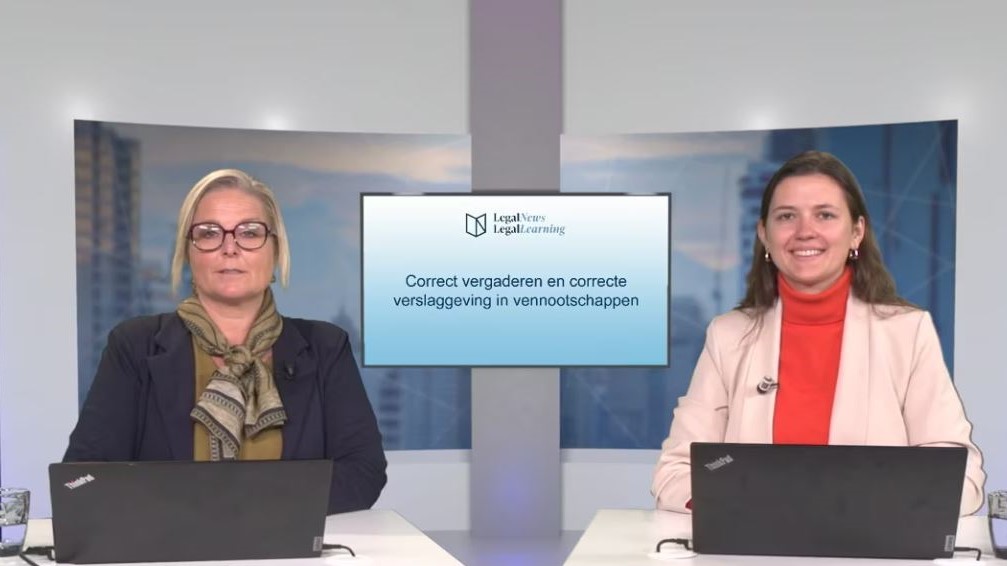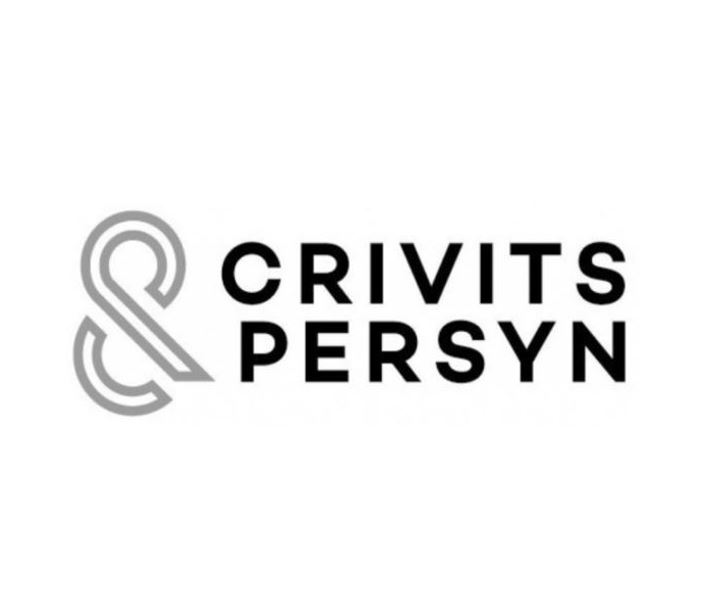De nieuwe wet op de private opsporing
Dhr. Bart De Bie (i-Force) en mr. Stijn De Meulenaer (Everest)
Webinar op donderdag 17 oktober 2024
Ondernemingsstrafrecht:
wat wijzigt er door boek I en boek II van het Strafwetboek?
Mr. Stijn De Meulenaer (Everest)
Webinar op dinsdag 11 juni 2024
Aandeelhoudersovereenkomsten
in het licht van de nieuwe wetgeving
Mr. Michaël Heene (DLA Piper)
Webinar op vrijdag 31 mei 2024
HR-aspecten bij M&A transacties
Mr. Nele Van Kerrebroeck (Linklaters)
Webinar op donderdag 16 mei 2024
Free Choice of Company Law: Another Brick Out of the Wall (Corporate Finance Lab)
Author: Gilles Lindemans (KU Leuven)
Publicatiedatum: 27/10/2017
This article was first published in Corporate Finance Lab
CJEU holds freedom of establishment does not require pursuit of genuine economic activity
In yesterday’s preliminary ruling in C-106/16 Polbud, the CJEU held that freedom of establishment is applicable to the transfer of the registered office of a company: (1) formed in accordance with the law of one Member State, (2) to the territory of another Member State, for the purposes of its conversion into a company incorporated under the law of the latter Member State, (3) even if there is no change in the location of the real head office of that company. Moreover, freedom of establishment precludes legislation of the Member State of incorporation which provides that the said transfer of the company’s registered office is subject to its liquidation. A more detailed discussion of the preliminary ruling can be found in a previous post.
The EU, Liberty Hall for Companies?
This preliminary ruling is consistent with the Court’s broad interpretation of freedom of establishment and lenient attitude towards free choice of company law. In several landmark decisions, the CJEU has declared the application of a particular national provision to companies incorporated in another Member State to be an unjustified restriction on their freedom of establishment.
However, the Court has also consistently recognized that companies enjoy freedom of establishment if, and only if, their existence is recognized by a Member State. Therefore, restrictions cannot be reviewed against the freedom of establishment if they:
- are issued by the Member State of incorporation,
- regulate the recognition of a company as a legal entity,[1] and
- do not require a company to be dissolved and liquidated because it intends to transfer its seat to another Member State, with the aim of submitting itself to the host Member State’s company law, to the extent that it is permitted under that law to do so.[2]
This, however, raises the question as to whether a transfer of seat as referred to sub 3. presupposes that the relevant company actually establishes itself in the other Member State, or intends to do so, for the purpose of pursuing genuine economic activity there. The question has informed a fundamental debate on the scope of freedom of establishment, in which various Advocates-General have taken divergent views, as Professor Geert Van Calster so insightfully observed.
Proportionality as Creditors’ “Last Hope”
In Polbud, the Court now holds that the freedom of establishment does notrequire the pursuit of genuine economic activity (contrary to Kokott AG’s Opinion). As observed before, this preliminary ruling further facilitates shopping for company law. It raises serious concerns about the protection of third parties (particularly non-adjusting creditors, see e.g. here), especially given that the Court has recently adopted a similarly permissive approach in relation to the choice of insolvency law.
However, it is true that the national measure under review in Polbud (a general obligation to carry out a liquidation procedure) goes rather far, and probably indeed beyond what is necessary to protect the interests of third parties. It is therefore to be hoped that other, less radical measures against abusive choice of law will still pass the Court’s scrutiny.
[1] By contrast, measures which have a potentially deterring effect and do not concern a company’s recognition as a legal entity can indeed be assessed under the freedom of establishment. See C-371/10, National Grid Indus, ECR 2011, I-12273, para. 22–33.
[2] See C-210/06, Cartesio, ECR 2008, I-9641, para. 104 et seq. and para. 111 et seq.; C-81/87, Daily Mail, ECR 1988, 5483, para. 19 et seq.
» Bekijk alle artikels: Vennootschappen & Verenigingen

















